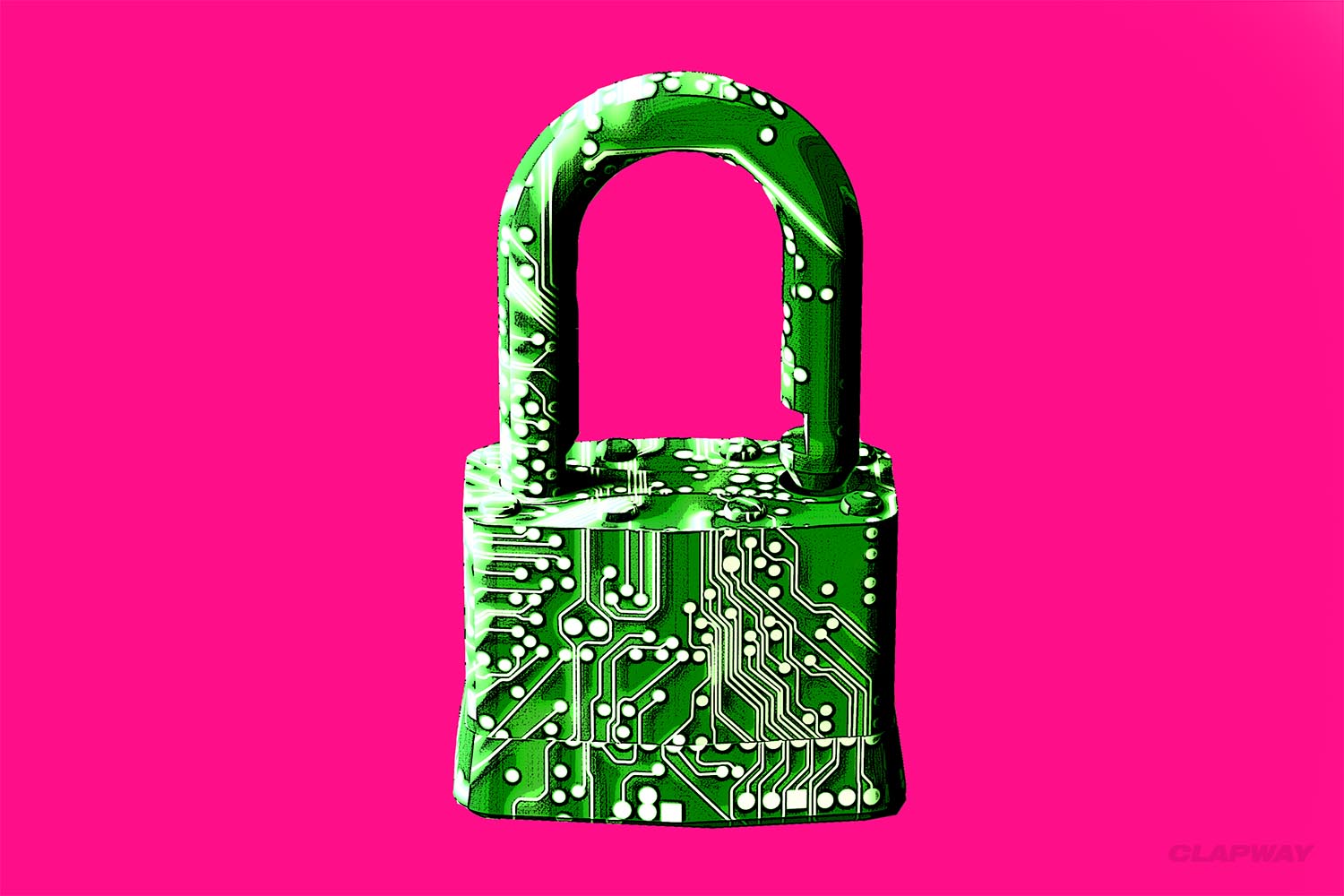
Yet another tech company is jumping on the bandwagon of anti-establishment behavior. Like their peers Apple and Facebook, YouTube is making a stand ensure its users have the privacy that they deserve. A new feature of theirs lets users blur random objects in videos to keep any unwanted information private from viewers.

YOUTUBE’S INNOVATIVE TECHNOLOGY GOOD FOR PRIVACY
A few years back in 2012, YouTube introduced a feature that blurred out faces in a given video. Now, they are advancing that technology even further. The latest addition to this feature allows users to place a rectangle over any aspect of the video. YouTube will then blur this area out as it moves throughout the frame. License plates, contact information or any financial data will now be hidden from view. Thanks to recent improvements in machine vision, YouTube can now effectively blur images on the go.
WHY THIS IS IMPORTANT FOR APPLE AND FACEBOOK
YouTubes latest addition probably doesn’t affect Apple or Facebook directly, but it shows a strong effort by the tech industry in the push towards anonymity. Facebook has long been scrutinized for its lack of privacy but has come around to support Apple its recent fight with the FBI. This is a crucial time and the industry knows it. Having a large showing of support against the FBI does not help their public image and it also affects their chances of losing to Apple or Facebook.
FBI COULD POTENTIALLY OPEN FLOODGATES TO PRIVACY ATTACK
Apple, Youtube, and Facebook aren’t taking this battle seriously just to make themselves look good in front of consumers. Sure, that’s an added benefit but this battle is the last frontier. If the FBI is able to squeeze in on this one issue, then they will open up the theoretical floodgates to an influx of other attacks. Say there’s a van with children. One kid asks for a piece of candy and suddenly every other kid demands a piece of candy. The ground must be stood now. Courts will judge the future of these issues based on how this one is handled in particular. If the FBI wins here, the battle against our privacy may never cease.

















